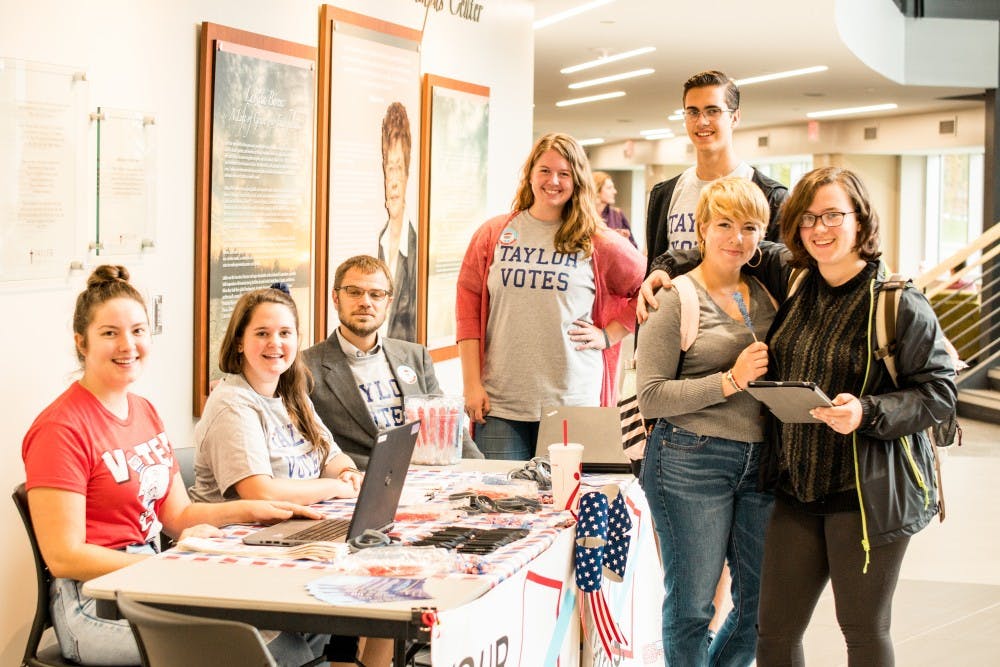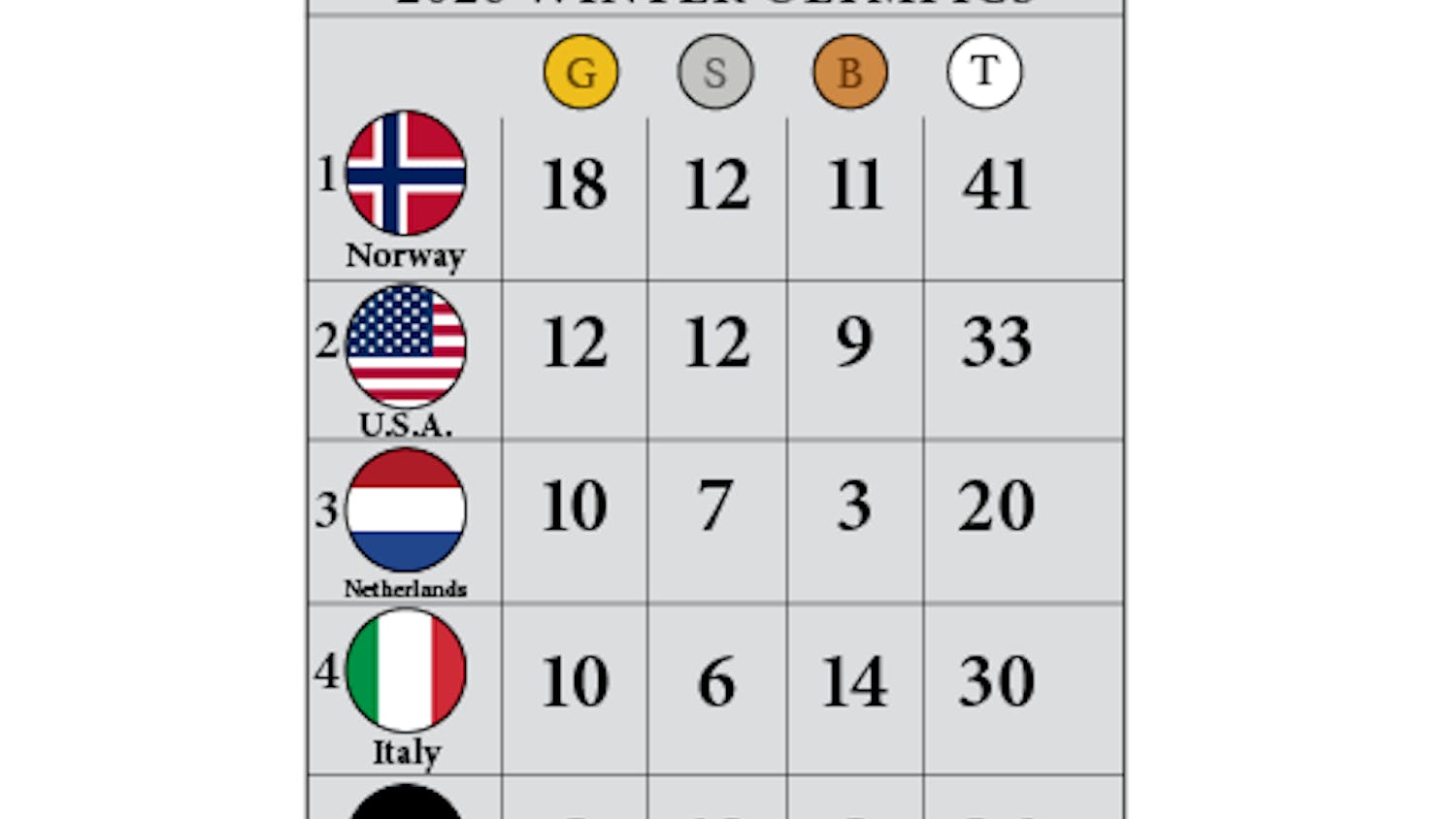By Chrysa Keenon | Echo
Midterm elections, the poll that will determine the course of the next two years in U.S. government, will be held across the country on Nov. 6.
The midterm elections are essentially the non-presidential elections, usually held for members of the Senate or the House of Representatives. While they will be held in November, the voter registration date is nationally different, varying state by state.
According to Assistant Professor of Political Science Jakob Miller, midterms are hugely influential and determine most of the legislative body that affect citizens' daily lives.
"In midterm elections, there is a much smaller pool of people voting," Miller said. "You're voting for your senator or member of the house. Your vote matters a lot more than general elections; it's worth more. And presidents, while they're the most public face. . .day-to-day members of the legislature are often far more influential to our everyday lives. So you have more power in these elections, and they matter more to you."
According to data from Ballotpedia.org, 35 Senate seats are open for election. All 435 House seats are up for election as well. The Republican party holds 51 seats in the Senate, Democrats hold 47 seats, and two seats are held by independent party members.
The Republicans hold the majority in the House of Representatives, holding 236 seats while Democrats hold 193 seats. Six seats are currently vacant, according to the data.
Miller believes that due to how many seats are available for each party to grab relates to why there has been extensive media buzz to the upcoming midterm. According to him, there is usually a wave of votes contending for the opposite party of the president every time a new president gets elected. This cycle is a strategy politicians use to show how the public reacts to the president. Pushback from voters of the other party is common.
"I think most polls fail to completely capture a certain demographic's opinion," senior Mary Wurster said. "No poll is going to be able to hear from everyone, and therefore, no poll is going to be perfect. College students also sometimes fall into the trap of ignoring polls available to them, which diminishes accurate findings."
Wurster said it the responsibility of an American citizen to vote, citing that not all countries have this kind of say in their government. According to her, there can be a habit created of not voting, which wastes the opportunity to engage in local government.
Miller believes that students should vote every election, rather than every four years. Wurster admits that being an out-of-state voter has a longer process.
"Make sure you request your ballot well before the election," Wurster said. "If you are confused about how to register to vote or how to request an absentee ballot, your local election board should have an online presence that should answer any questions."
A mailed request for a ballot must be sent to your home county's election board by a certain date. Usually the dates vary by state, but the information can be easily located online. To find information about deadline dates for your state, go to usvotefoundation.org.





